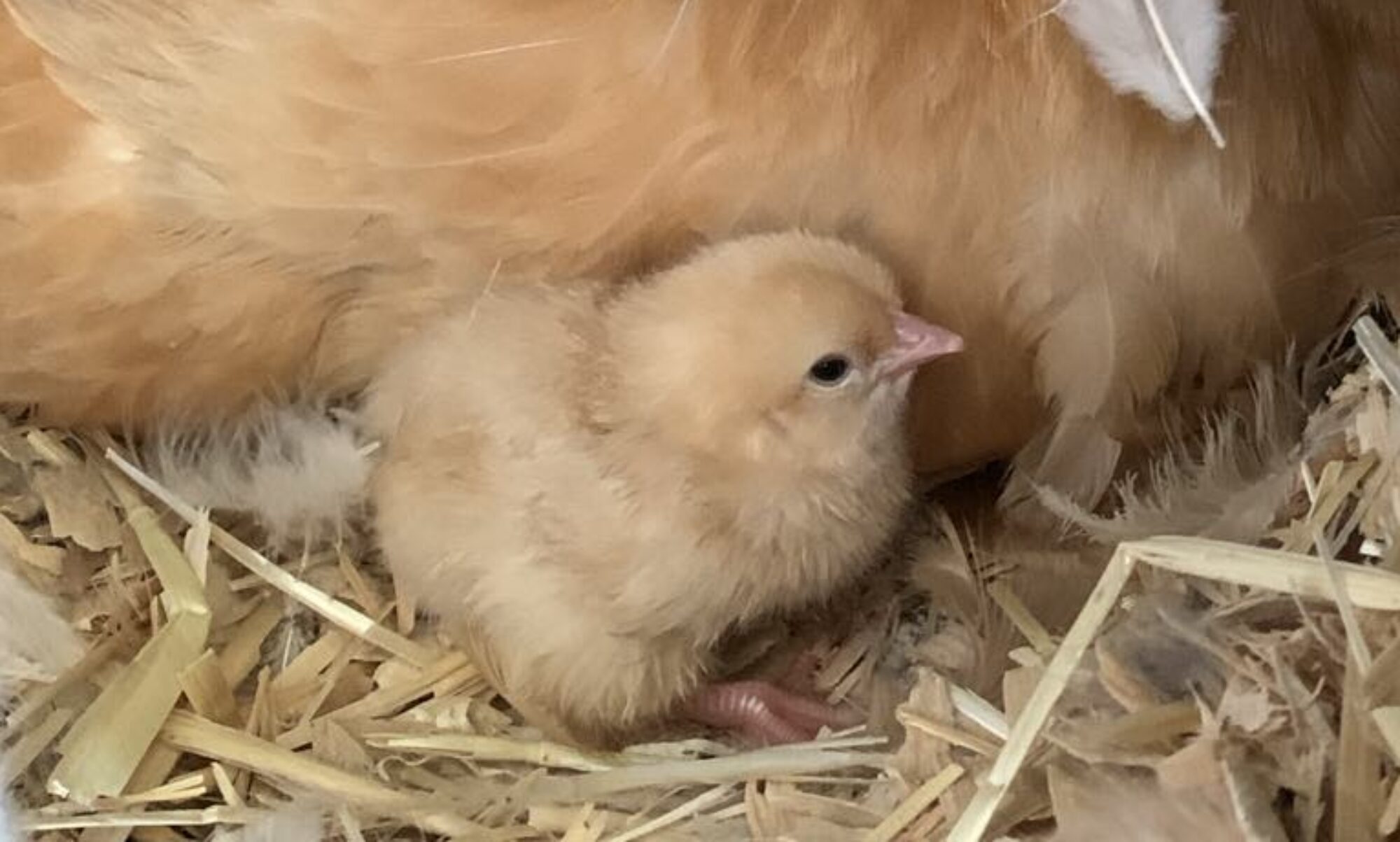I belong to a few goat and hobby farm groups on Facebook and really enjoy seeing all the new baby goats coming into the world. It’s also pretty cool to see new farmers and goat owners come on the horizon, whether it’s because people want to become more self-sufficient, teach the kids, fulfill a lifelong dream, or just because! Unfortunately, along with a lot of the learning comes some misinformation. As of late, I have seen some questions regarding the use of beet pulp in animals’ diets and some myths regarding its use.








